Comprehensive Guide to Teeth Cleaning: Ensuring Optimal Oral Health
Maintaining optimal oral health is essential for overall well-being, and teeth cleaning play a vital role in this process. The phrase "Teeth Cleaning" often brings to mind images of dental offices and professional care. However, effective dental hygiene starts at home. In this comprehensive guide, we will explore both professional and at-home teeth cleaning methods, aiming to provide the American audience with the knowledge needed to keep their smiles healthy and bright.
The Importance of Regular Teeth Cleaning
Regular teeth cleaning is crucial in preventing oral diseases and ensuring long-term dental health.
According to the American Dental Association (ADA), professional dental cleaning should occur twice a year to prevent cavities and gum disease.
Regular cleaning also helps in plaque removal and prevents tartar buildup, which is often overlooked during routine brushing.
The importance of teeth cleaning extends beyond oral health, affecting overall bodily health by reducing the risk of heart disease and diabetes.
Understanding Professional Dental Cleaning
Professional dental cleaning, commonly referred to as prophylaxis, involves procedures that thoroughly clean the teeth and gums.
A typical session includes scaling to remove tartar, a professional polish, and a fluoride treatment.
The procedure not only cleans the teeth but also allows the dentist or hygienist to assess the overall dental health and identify possible issues early on.
Demystifying the Teeth Cleaning Procedure
The teeth cleaning procedure typically begins with an oral examination to assess the overall dental health.
This is followed by scaling, where specialized tools are used to remove plaque and tartar from the surfaces of teeth.
Next, teeth polishing is carried out to remove surface stains and make the teeth smooth and resistant to plaque build-up.
Finally, fluoride treatment is often applied to protect the teeth against decay and strengthen the enamel.
Home-Based Teeth Cleaning Practices
While professional cleaning is crucial, maintaining a daily oral hygiene routine is vital in keeping teeth healthy.
At home, individuals should brush their teeth twice a day with fluoride toothpaste and floss daily to remove particles between teeth and along the gum line.
Using mouthwash enhances oral health by killing bacteria and providing fresh breath.
Lifestyle habits, such as a balanced diet and limiting sugary foods, also play a role in maintaining oral health.
Common Myths about Teeth Cleaning
Many myths surround the topic of teeth cleaning, leading to misconceptions and improper dental care practices.
One common myth is that regular cleaning can damage the enamel, which is unfounded as professional procedures are designed to be safe and beneficial to tooth enamel.
Another myth is that only older adults need professional cleaning, while in fact, it is necessary for individuals of all ages.
The Role of Dentistry Toothtruth in Promoting Oral Health
The Dentistry Toothtruth website serves as a valuable resource for those looking to improve their dental hygiene knowledge.
The platform offers comprehensive guides, like this one, and expert insights to assist individuals in adopting better oral care practices.
By focusing on preventive care and educational resources, Dentistry Toothtruth aims to foster a culture of proactive dental health management among its readers.
With resources tailored to American audiences, the platform ensures accessible, relevant, and up-to-date information.
Conclusion: Taking Charge of Your Oral Health
To sum up, effective teeth cleaning involves both professional and home-based practices that are essential for maintaining oral health and overall well-being.
Individuals should prioritize regular dental check-ups, adhere to robust at-home care routines, and remain informed about dental health through resources such as Dentistry Toothtruth.
By embracing these practices, you can ensure your smile remains healthy and vibrant throughout your life. Act today by scheduling your next dental appointment and committing to a comprehensive oral care regime.

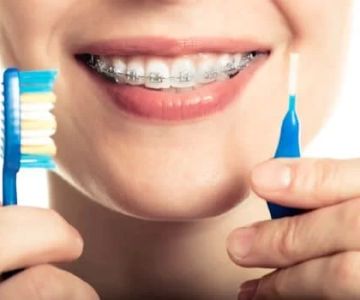
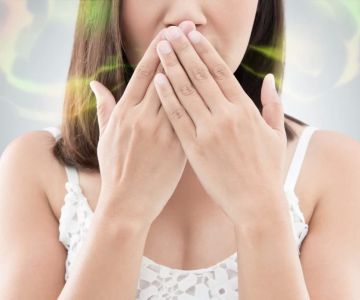
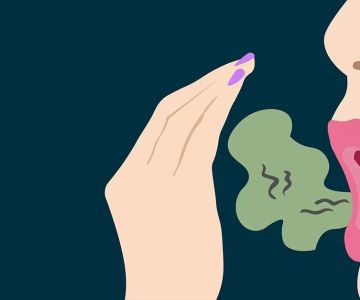
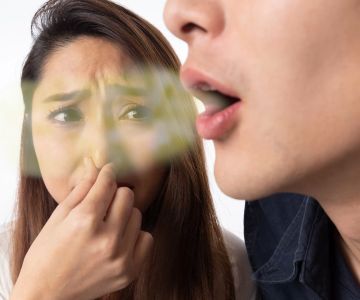
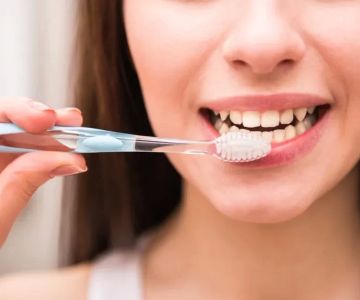
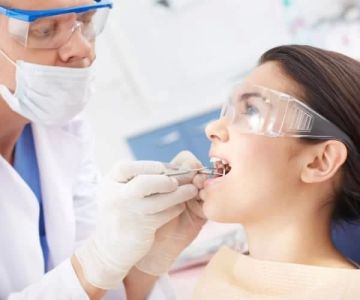
 Dental Arts of South Jersey
Dental Arts of South Jersey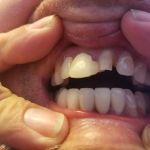 Monarch Dental & Orthodontics
Monarch Dental & Orthodontics Swope Health Independence
Swope Health Independence Thornwood Family Dental - South Elgin
Thornwood Family Dental - South Elgin Pediatric Dentistry Of San Clemente
Pediatric Dentistry Of San Clemente Polaris Dental Care
Polaris Dental Care The Importance of Oral Health Education During Pregnancy for a Healthy Pregnancy
The Importance of Oral Health Education During Pregnancy for a Healthy Pregnancy Why Skipping Dental Checkups Can Lead to Bigger Oral Health Problems
Why Skipping Dental Checkups Can Lead to Bigger Oral Health Problems Advantages of Porcelain Dental Restorations
Advantages of Porcelain Dental Restorations Best Tips for Brushing Your Teeth Properly for Healthy Gums: Essential Techniques for Oral Health
Best Tips for Brushing Your Teeth Properly for Healthy Gums: Essential Techniques for Oral Health How Can Diabetes Cause Tooth and Gum Problems? Preventing and Managing Oral Health Issues
How Can Diabetes Cause Tooth and Gum Problems? Preventing and Managing Oral Health Issues Healthy Habits for Promoting Good Oral Health and Hygiene: Tips for a Healthy Smile
Healthy Habits for Promoting Good Oral Health and Hygiene: Tips for a Healthy Smile